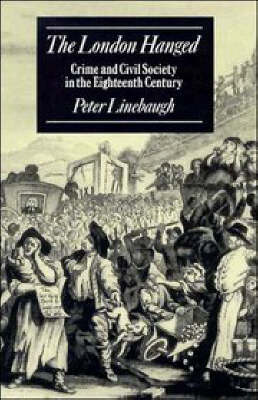In eighteenth-century London the gallows at Tyburn was the dramatic focus of a struggle between the rich and the poor. Most of the London hanged were executed for property crimes, and the chief lesson that the gallows had to teach was: 'Respect private property'. The executions took place amid a London populace that knew the same poverty and hunger as the condemned. Indeed, in this stimulating account Peter Linebaugh shows how there was little distinction between a 'criminal' population and the poor population of London as a whole. Necessity drove the city's poor into inevitable conflict with the laws of a privileged ruling class. Peter Linebaugh examines how the meaning of 'property' changed substantially during a century of unparalleled growth in trade and commerce, analyses the increasing attempts of the propertied classes to criminalize 'customary rights'--perquisites of employment that the labouring poor depended upon for survival--and suggests that property-owners, by their exploitation of the emergent working class, substantially determined the nature of crime, and that crime, in turn, shaped the development of the economic system. Peter Linebaugh's account not only pinpoints critical themes in the formation of the working class, but also presents the plight of the individuals who made up that class. Contemporary documents of the period are skilfully used to recreate the predicament of men and women who, in the pursuit of a bare subsistence, had good reason to fear the example of Tyburn's 'triple tree'.
- ISBN13 9780521457583
- Publish Date 27 August 1993 (first published 26 September 1991)
- Publish Status Inactive
- Out of Print 10 January 2001
- Publish Country GB
- Imprint Cambridge University Press
- Format Paperback (US Trade)
- Language English
